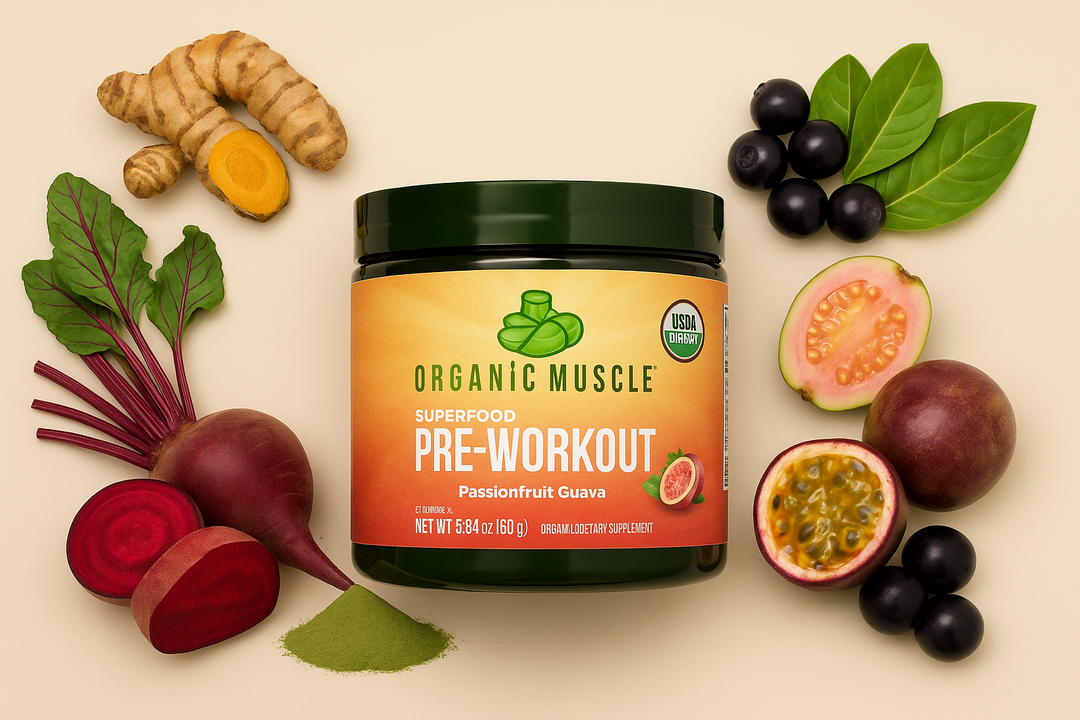In most cases, we know acids are erosive and can eat away at materials or substances, but what about the acids responsible for building biological material? Amino acids are organic compounds that combine to form proteins. These bio-building blocks create proteins that provide the structural components for our blood, skin, hair, brain, nervous system, and muscles! Proteins are also responsible for fluid balance in the body and the transportation of oxygen, fats, vitamins, and minerals. Let's dive into the various amino acids and see what each one does for the body.
First off, of the twenty amino acids that the body needs, we can naturally produce eleven of them, including alanine, asparagine, aspartic acid, cysteine, glutamic acid, glutamine, glycine, proline, serine, and tyrosine. The remaining nine amino acids, known as essential amino acids, cannot be created by the body, meaning we must get them from our diet. The essential amino acids include histidine, isoleucine, leucine, lysine, methionine, phenylalanine, threonine, tryptophan, and valine.

Now we move to the well-known branched-chain amino acids or BCAA's. These amino acids get their name from their unique chemical structure that includes a "side chain" or "R group" made up of one carbon and three hydrogen atoms. Branched-chain amino acid supplements are popular amongst athletes and bodybuilders because they include three essential amino acids: leucine, valine, and isoleucine, which metabolize in the muscle and positively impact muscular development.
So we know about essential amino acids, nonessential amino acids, branched-chain amino acids. Now, we will get into what we call conditionally essential amino acids, meaning an amino acid has become necessary because the body experiences difficulty making it due to a disorder, illness, or aging. Under the right circumstances, these conditionally essential amino acids can include arginine (in children, not in adults), cysteine, glutamine, glycine, proline, serine, and tyrosine.

What are the health benefits of these various types of amino acids? While there aren't many studies on the benefits of all amino acids, there are quite a few intriguing studies that prove various health benefits associated with branched-chain amino acids or BCAA's. A study published in 2018 by Frontiers in Physiology found that BCAA's may benefit those with cirrhosis. Several other studies demonstrate the impact BCAA's have on exercise performance, including a 2006 report published in the Journal of Nutrition, which found the use of branched-chain amino acids may improve physical performance and prevent fatigue during long periods of exercise. Additional evidence, from a 2007 study published in the Journal of Sports Medicine and Physical Fitness, suggests that BCAA's helped to lessen the degree of muscle damage in long-distance runners.
Alright, we know what amino acids are and what they do, but where can we find them? Supplementation of amino acids with a branched-chain amino acid or essential amino acid product is probably the easiest and most popular way to consume amino acids. While this may be the most popular method, many experts believe the best way ingest amino acids is in our diets. When we consume natural foods containing amino acids, we get health benefits from the amino acids and the other nutrients in food. Foods containing all the essential amino acids in the proportions we need are called complete proteins. Sources of complete proteins include meat, eggs, poultry, seafood, dairy, chia seeds, soy, and quinoa.

What do we do if we are vegetarian or vegan and can't get the complete protein from animal products? The answer lies in combining the right amount of complementary incomplete proteins from plant-based sources. Examples of these complementary incomplete proteins include wheat protein and peanuts (peanut butter sandwich, brown rice and peas, beans and rice, chickpeas and corn, and many more! Bodybuilding.com has this article for more information on complementary protein combinations.
Whether you want to be an elite athlete or live a healthy lifestyle, amino acids are crucial for any walk of life. The pivotal decision lies in which way of incorporating them into our diet is best for ourselves. Those of us who like the quick and easy option may find solace in amino acids supplements. If you're an omnivore and eat meat, you can rely on those sources. Vegetarians and vegans will have to rely more on the complementary approach, achieved through meal planning and plant-based protein products. The bottom line is amino acids are truly amazing! They provide the structural components for the body, fluid balance in the body, and the transportation of oxygen, fats, vitamins, and minerals and promote physical performance, endurance, and recovery.












